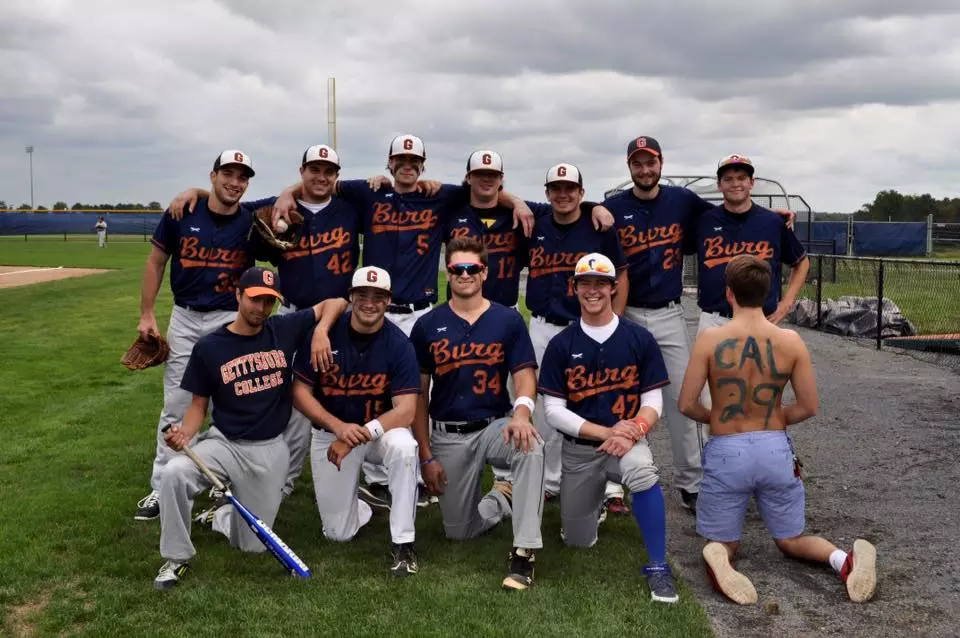Facts
Drew Kleinknecht, a Gettysburg College lacrosse player, succumbed to cardiac arrest during practice. Since the season was yet to begin, student trainers were absent, and no coach had CPR certifications. Phones weren’t easily accessible. A student trainer arrived, but since Drew was breathing, she avoided CPR. CPR was executed when Drew stopped breathing on the arrival of the head athletic trainer. Drew perished on the way to the hospital.
Issues
The Kleinknechts established three questions of law; the institution was mandated to ensure safety and health measures for the school’s endeavors, Kleinknechts believed the institution’s actions were unjustifiable and non-compliant, and the institution belief of its exoneration by the Good Samaritan Law.
Rules
Gardner v. Consolidated Rail Corp was used to prove the institution’s innocence in anticipating a healthy athlete having a heart attack and first aiders’ unaccountability for any catastrophe caused by execution or exclusions in the render.
Analysis
Kleinknecht triumphed over Gettysburg College. Rulings indicated that the university and its athletes had a distinct connection, a beneficial contract. Finally, all three accounts were held in favor.
Conclusion
The district court’s decision was overturned by the appellate court on all 3 rulings citing that the institution was responsible for the medication of its recruits during school events. Furthermore, findings indicated that colleges could not get the required certification. Thus, they couldn’t get immunity.
Opinion
I hold on to the innocence of the institution. Drew was to obtain a physical from his physician prior to playing, which he did, and was okay. Autopsy reports indicate no heart problems, hence eliminating possibilities for cardiac arrest. It was an unfortunate event that the college had no prior knowledge of. Also, people around him tried to help.
